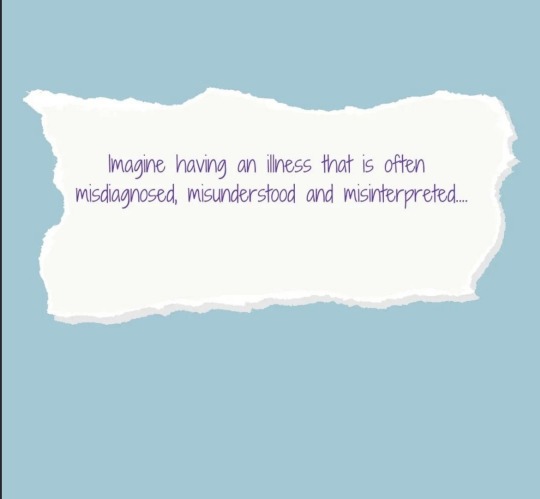Don't wanna be here? Send us removal request.
Text
Functional neurological disorder (FND) is a common and disabling disorder, often misunderstood by clinicians. Although viewed sceptically by some, FND is a diagnosis that can be made accurately, based on positive clinical signs, with clinical features that have remained stable for over 100 years. Despite some progress in the last decade, people with FND continue to suffer subtle and overt forms of discrimination by clinicians, researchers and the public. There is abundant evidence that disorders perceived as primarily affecting women are neglected in healthcare and medical research, and the course of FND mirrors this neglect. We outline the reasons why FND is a feminist issue, incorporating historical and contemporary clinical, research and social perspectives. We call for parity for FND in medical education, research and clinical service development so that people affected by FND can receive the care they need. Conclusion
Nothing I accept about myself can be used against me to me.
The history of FND, in some ways, mirrors the history of women in society. It is a history laden with inequalities, dismissal and injustice which cannot be undone. Now, patients with FND do not need pity, but parity. The inequalities and injustices continue today in the form of ignorance of FND in teaching curricula, delayed diagnosis, stigmatising healthcare interactions, paucity of specialist services and an underfunding of scientific research. But discrimination is not an inevitable component to the FND diagnosis, which, when it is properly made, is as stable and accurate as that of any other common neurological disorder.
We are not the first group to highlight that FND critically requires parity of esteem with neurological conditions of equivalent epidemiological and economic importance.96 Patients have also now joined in this discussion. Social media has given people with FND a voice, and they have been vocal and brave in rightly echoing this need for recognition. We commend and support those who live with FND who have risen above the parapet to discuss their own experiences. We must do more than listen to these voices—we must take meaningful action.
This is a call to action. We support and urge careful and appropriate use of this diagnosis to support and empower those affected by FND so their symptoms and suffering can be recognised and validated. We call for respectful models of clinical care and an end to dismissive and harmful language and behaviour towards people with FND. We call for a shift in approach to FND, and other functional disorders, to move away from dualist models of mind and body. We call for parity for FND among other neurological disorders in medical education, and better training curricula for all the allied professions that have contact with patients with FND.
We call for more recognition and funding for more impactful laboratory and clinical research, and support of female leadership in the FND community to improve diversity and excellence in the field. We urge planning and funding for better and more universally available FND treatment services, and a universal upskilling of clinicians, so that people with FND can finally receive the treatment they require and deserve.
1 note
·
View note
Text
In late 2020, i was recently seperated from my Ex of 22 years and father passed.
By December, I had been hospitalised after feeling dizzy and my speech went mumbled and I could not walk, and then I began having problems with my sight.
“It was really, really scary.”
After being discharged with no diagnosis, she was forced to return to hospital mutiple times the following month and was subsequently diagnosed with Functional Neurological Disorder (FND).
The disorder means the nervous system struggles to function which results in complications with how the brain and body send and receive signals.
This disorder left me with non epileptic seizures, unable to walk, disturbed speech, tics,tremors, dystonia, memory issues and so much more,” she added.
“Despite all of these debilitating symptoms, I was discharged from hospital with no clear diagnosis and no pathway to help rehab my body.
“Everything was up in the air and my whole world just stopped.
I began to isolate myself feeling like “I was broken. “ but decided that there was nothing I could do and it wasn’t going to help me a y to worry.
“Since then, I have spent a year fighting to be heard by medical professionals and receive the care and understanding I – and many others – desperately need.”
There’s a few programs in the United States for fnd. Jo was sent to thid special program to relearn how to walk and talk again. The problem took a year to get into and had hours of mutiple kinds of therapy designed for people with fnd/fmd. ( functional movement Disorder) like over year after receiving diagnosis, she finally regained ability to walk and talk properly. It was the hardest thing I’ve ever had to do. Remission is a possiblity but working on ways to mange life with this mysterious disorder is.
During this time, Jo began documenting her journey and progress on social media my funkeybrain on page on Facebook, where she has fnd warriors , and care givers of those with fnd and a blog tumblr for fnd awareness.
She said: “My goal was to reach out to other people with FND like me and offer support, guidance and awareness on the different things I was doing to help myself. “If Jo can help one person it was worth it “
There is still a long way to go raising awareness, including within the medical community.
“I’m still looking for answers.” “I may or may not ever get them”
She added: “I really want to try and spread the word and understanding of FND and to help facilitate change and research into treatments.
Any awareness or understanding spread about FND will go a long way to help the countless number of people suffering with this condition on a daily basis.”
She is now managing her condition with neurological physiotherapy - a type of rehabilitation for the physical problems caused by a neurological condition - and while making positive progress, she can still be impacted by flare-ups.
But steady progress does mean that she is now able to continue with preparations for her big day and do things like stream and paint.
My family and friends have been amazing and I could not have done all the things I have without their help and support.”
The month of April is recognised as FND awareness month. You can follow at http://painterjo.tumblr.com/
0 notes
Text
A poem about Fnd
Fnd....
Im hurting my legs are aching,
My own brain fights me till my bodies shaking,
The brain attacks my body till its not working,
Split from half my body now my heads hurting,
Siezures of plenty,
Being so empty,
Feeling like im on fire,
Restless legs driving me mad how i conspire,
Somedays i cant think,
Thats what makes me sink,
Out of a dark hole always trying to keep that light lit,
So no one will notice the days i cant get of bed and feel the need to hide like someones put me on a hit,
But no matter what fnd does to me i still get up eaveryday,
Put my smile on shine bright and say im here to stay,
I am an fnd warrior i fight the daily battle but keep on going,
i always glow and move forward thats surely showing.....
1 note
·
View note
Text
I’ve been living with this diagnosis since 2020 but having symptoms since 1994 FND has taught me a number of things
1. FND is a difficult illness to diagnose. (NO IT IS NOT A MENTAL ILLNESS, although you can have FND and also have a mental illness, or you can JUST have FND)
2. Most people have no idea what it is. (That includes many doctors)
3. Depending on your symptom severity, it can change your life drastically. (We're talking full on disability here...)
4. It requires the same kind of supportive care, and commitment to your health as any other illness.
5. You have to be your own advocate, and be fully committed to managing your symptoms in what ever ways you can.
6. You can recover from this illness, or you can regain some of what you lost, or you can go into periods of remission followed by periods of symptom activation, OR you can have no change at all. It really is a roll of the shittiest dice ever.
Let's get into it!
2 notes
·
View notes
Text
FND can bring about some really dark days. I hate those days.
So, I like to drive them off with a few good tunes.
Here is my "FND Sucks S#$% playlist" to cheer me up!
I hope you take a listen...
Every song from my favorite band:
State of Mine

Respect: Aretha Franklin
Signed, Sealed, Delivered: Stevie Wonder
Ain't no mountain high enough: Marvin Gaye
Many Miles to go: Mia, Myself and I
Deep and Wild: The Sweeplings
Sedona: Houndmouth
Anyway: Martina McBride
Feels like today: Rascal Flatts
Let it Be Me: Ray LaMontagne
Lean on me: Imaginary Future
0 notes
Text
Let’s talk about it - After being diagnosed
Most of us have experienced grief of some form by the time we reach adulthood. The loss of a friend, family member, or pet can be devastating and difficult to move through. The kind of grief I’d like to talk about is the kind brought on by chronic illness.
It is similar in many ways to traditional grief. We go through some or all of the stages, denial, anger, bargaining, depression, acceptance. Yet some how it’s different. Only a person going through chronic illness can understand the type of grief that it brings on, and what that encompasses.
Denial: FND is often a misunderstood illness. Some medical professionals are convinced that it’s “just a mental illness.” When receiving a diagnosis of FND, you may go through a form of denial. I sure did. I saw the words “conversion disorder” and thought, “I’m not making this $%^^ up! I don’t walk around acting stoned and losing my balance for fun…WTF?” I was certain that it must be something else, something that can be fixed, cured, medicated away…ANYTHING! I continued to go to work through the worst symptoms, trying to maintain the same level of productivity and normalcy I’d had before getting sick. Trying to continue the same level effort only made the symptoms worse. Of course It wasn’t until a neurologist explained it as a problem with the functioning of the wiring of the brain/CNS that I was able to come to terms with this diagnosis and move through the denial.
Anger: Then came the anger. Anger that an illness can take away all the things I used to be able to do. I was embarrassed to speak to people due to losing my train of thought, being unable to find words, or slurring words. I was embarrassed by my unbalanced gait, and frequent stumbles. I began to avoid socializing to save myself the humiliation. That burned into an ember of resentment. “How could this have happened? I do everything right; I don’t smoke, or do drugs, I eat healthy, I don’t drink often, I exercise regularly. This is ridiculous.” I became impatient with myself, and at times with others. I was beginning to lose my independence, and therefore my identity. Perhaps you’ve felt the same way?
Anger is a very slippery slope, so don’t lose your footing and let it get the better of you. When we suffer from an illness that takes away our independence anger can become a way of hiding what’s really going on: frustration at feeling no sense of control. Asking for help is so difficult at times. Especially if you’re known as being a fiercely independent person. But truly, it’s not a sign of weakness. It’s a sign of courage. It takes immense courage to allow people to see you when you’re vulnerable. The people that love us are feeling helpless and at a loss of what to do. When we ask for help, we are offering them an opportunity to show their love for us. It can enable them and us to work through the anger that comes with grief. So, when someone comes to you and says “What do you need? Can I do anything for you?” Tell them what you need and be specific. “I need help vacuuming, walking the dog, getting groceries, etc.” Tell them what you need, and thank them for their help. It is healing for both the giver and the receiver.
Bargaining: This one is tricky. When we get stuck on comparing ourselves now to the person we used to be, that's bargaining. The truth is chronic illness changes you, in every way possible. It's ok to think about the things we used to be able to do before FND. The problem arises when we begin to ruminate on those lost abilities, and look upon what we are capable of now of as "less than." Do we look at a person who is going through chemo and say, "What are you doing complaining about being tired? Just get up and go!" NO OF COURSE WE DON'T!!! Why then do we beat ourselves up for the things we can no longer do because of our illness?? Makes no sense at all does it? All of us with FND have a fear that the illness will get worse. We develop anxiety over losing our independence/job/career, etc. And yes, those things are a possibility, but so is recovery. There's always a chance that we will experience remission, or perhaps regain some of our lost function. Focusing on the things we CAN do is certainly going to help us progress better than focusing on what we've lost. Today maybe you can only walk to the front door, tomorrow maybe you can make it down to the sidewalk. Doesn't seem like much to some, but to a warrior it's the beginning of greater things to come.
Depression: This one is a nasty piece of work. I'm going to be honest here; DEPRESSION SUCKS. It not only sucks the energy out of you, but of everyone around you. It can be one of the most difficult areas of chronic illness to overcome. FND can take away from us our ability to walk, to speak, to work, to think clearly, independence, etc. FND brain fog can make even the smallest tasks feel overwhelming. Socializing in large groups or areas of loud noise with lots of activity can bring about the brain fog. So then we stop going out, and we begin isolating ourselves from others. We may stop visiting friends, or inviting people over because we don’t want them to see us on our bad days. We can become a shadow of the person we used to be. These are all signs of depression. When we only visit people on our “good days” we become unwitting endorsers of the idea that we are actually just fine. If you are suffering from depression, you are not alone. It can plague anyone, at any time, and for no reason at all. Please reach out to your doctor, call a friend, and seek support. Do it quickly. Do it now.
Acceptance: Accepting a diagnosis of FND looks different for each of us. It can happen at that moment, in the clinic when the doctor finally labels all of the symptoms you've been going through. It may happen later, after you've done a bit of research and realized you haven't been imagining the symptoms you've been experiencing all this time. Or it can be a slow realization that happens over time, as you begin the work to regain some of what you've lost. Acceptance involves self compassion; being kind to yourself, knowing that just because you can't do something today, it doesn't mean you can't try again tomorrow. It means celebrating the small things. By the way, we all get fooled into thinking life is about the BIG stuff. (Going to university, getting a job, getting married, having kids, buying a car, etc etc. ) Guess what? We're wrong. Life is about the little things. Life is about that amazing cup of coffee you are having this morning. It's the hug from your little one with the sloppy, drooly kisses on the cheek. It's your dog greeting you every time you walk in the door like you've been away for YEARS! It's the hug you give a friend when they're crying, or the lame dad jokes you share with your kids. FND can never take away the little things that matter. FND will knock you down, accept the diagnosis, brush the dirt off, and get to work doing the best you can do, no matter how small it may be. Remember, you are an FND warrior, surrounded by an army of people just like you. Together, we can conquer anything.
0 notes
Text
DIAGNOSIS- For many it took years
Every single one of us has had a different experience with FND symptoms, but I'm willing to bet we've all had very similar experiences with diagnosis. Let me know if any of these statements sounds familiar to you...
"I'm sure its just stress. How's your home life?"
"You don't look sick."
"I can't find anything wrong with you, all your test results are normal."
"It's psychological, you need to see a therapist."
"You're just lazy and don't want to work."
"You just need some rest. How's your sleep been?"
Yup, I thought so. Many of you have probably heard those phrases word for word. We all know our bodies better than anyone else, and we know when something just isn't right. So we do what anyone else would do, we go to the doctor. We go to multiple doctors looking for an answer, we pay for tests out of pocket in search of clues, we try going to naturopaths, homeopaths, osteopaths, take supplements, change our diet, the list is endless. Problem is, most doctors are looking for a test result to be abnormal to determine the cause of illness. FND doesn't present like that. On paper you can be the picture of health, but you can't move your legs, or you have tremors, seizures, (insert any number of FND symptoms here...) FND is very difficult to diagnose, mainly because many doctors haven't heard of it, OR they're in the "oh this must be a mental illness" camp. Needless to say it can take years to get a diagnosis.
Diagnosis can be one of exclusion, meaning doctors have ruled out anything and everything else it could possibly be. This route may include things like blood tests, MRI or CT of the brain and spinal cord, electromyography, or electroencephalography. So many other illnesses share symptoms with FND that it's important to look at everything. (for example MS, Parkinson's, Epilepsy, Lupus, Fibromyalgia, etc.) Getting a full range of diagnostic testing done saves time in that when you finally see a specialist they have all the information they need to give you a proper diagnosis. Having said that...appointments to get tests can take months, and getting referrals to specialists can take up to a year or more. If you get lucky and are referred to a neurologist who is familiar with FND a diagnosis can come fairly quickly.
This is the area of FND that requires you to be your own advocate. Be a warrior for your own health. Doctors may try and convince you that nothing is wrong, because on paper it appears to be true. They may suggest that it's "all in your head" because they don't know what's wrong, and don't have the time to do a deep dive into your health. Keep pushing for answers, get second opinions, ask for those tests. Getting a proper diagnosis is the doorway into getting proper treatment. And if no one is going to open that door for you....kick it in.
0 notes
Text
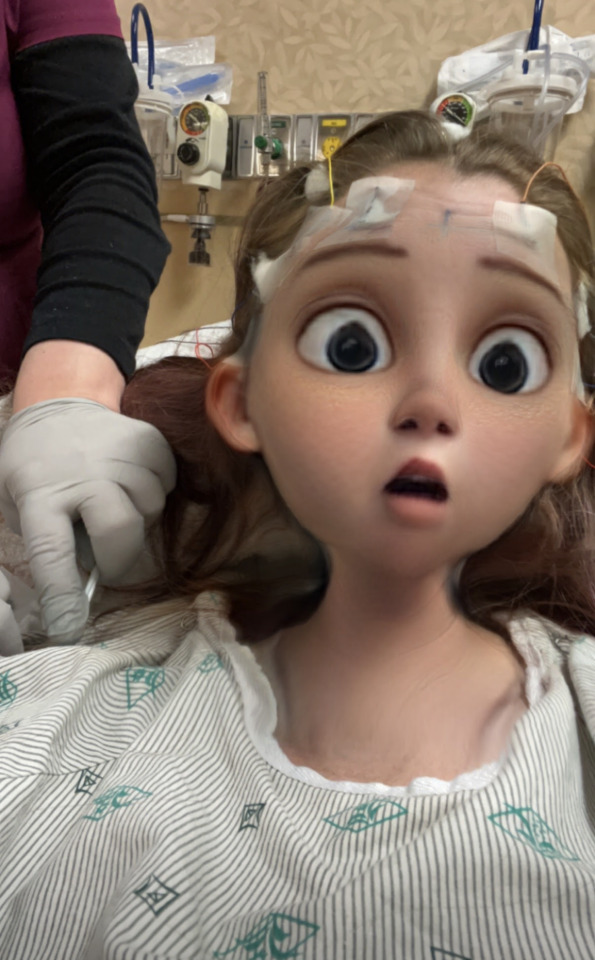
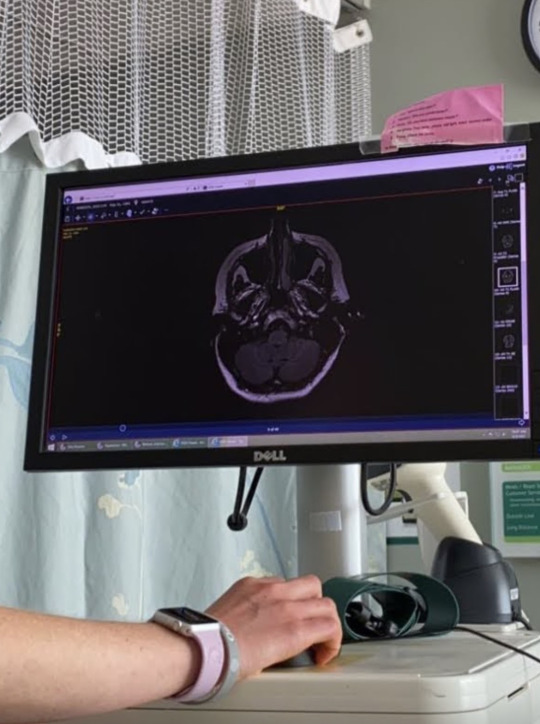
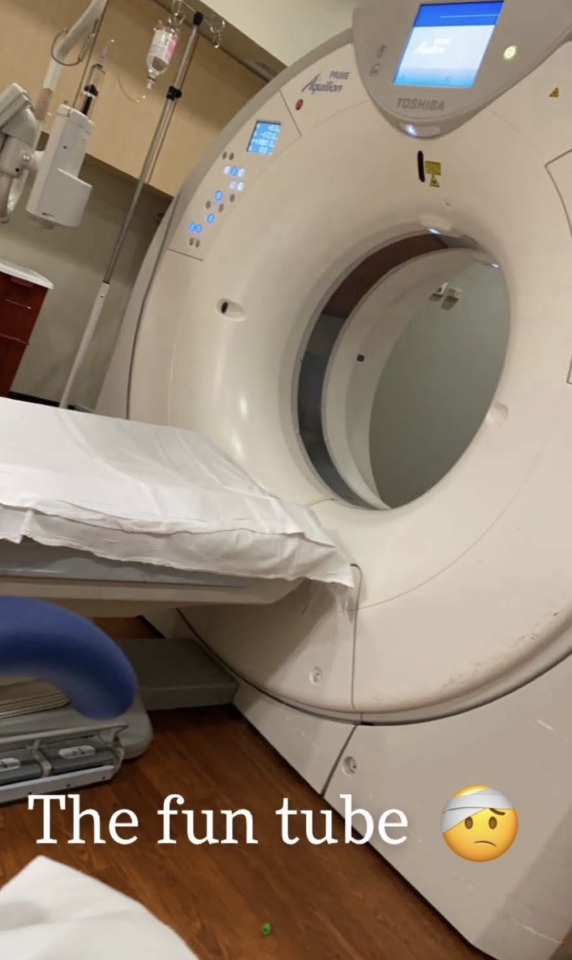
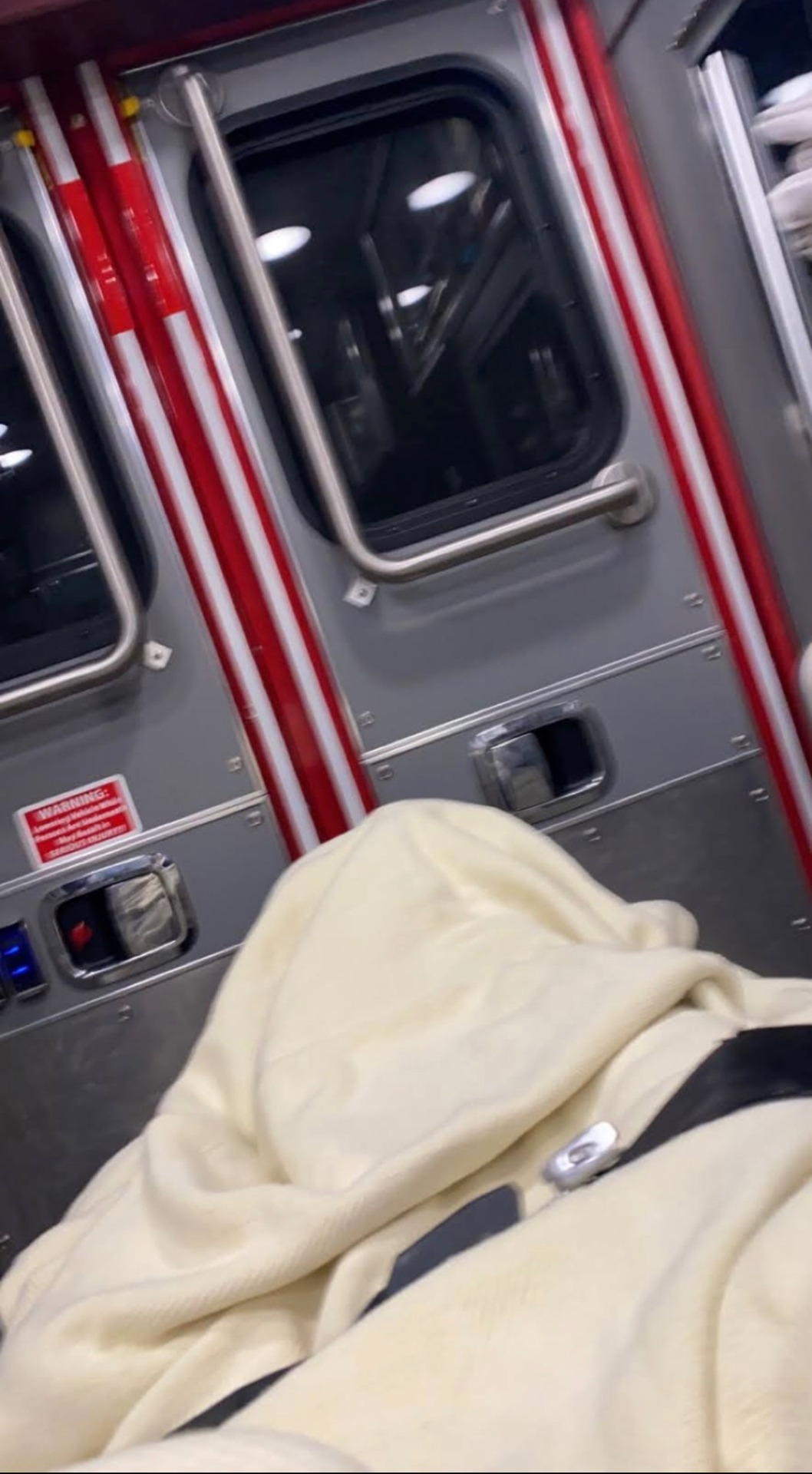
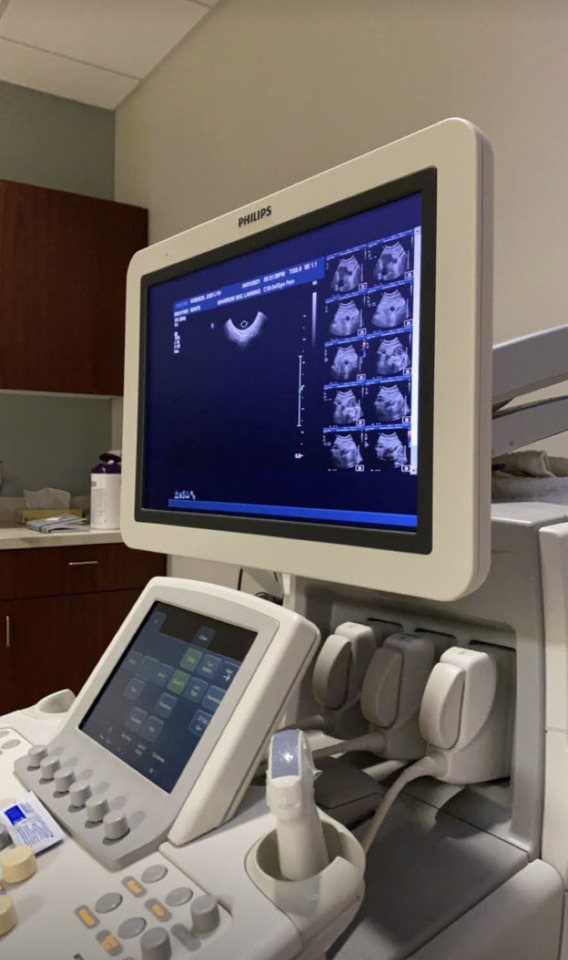
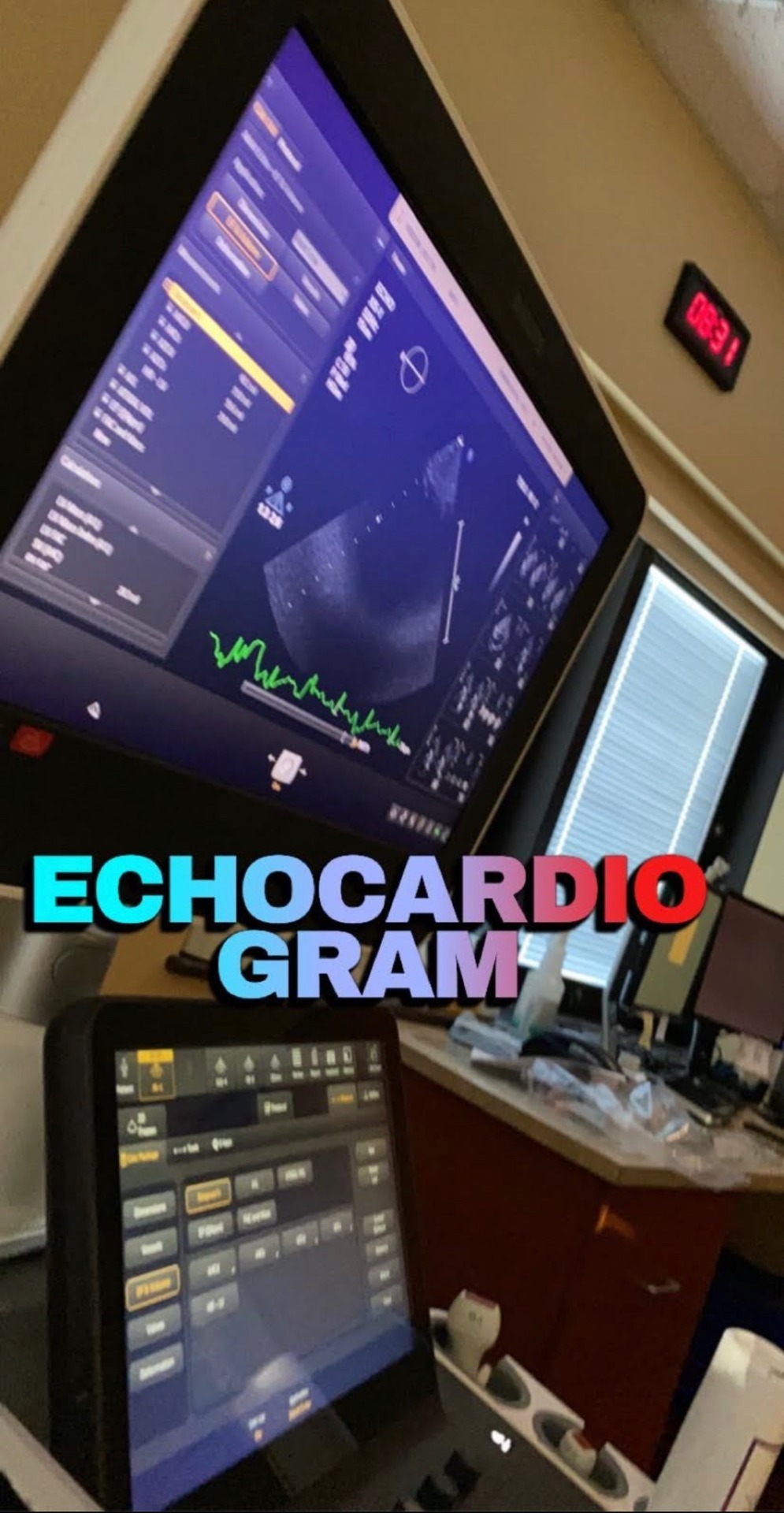
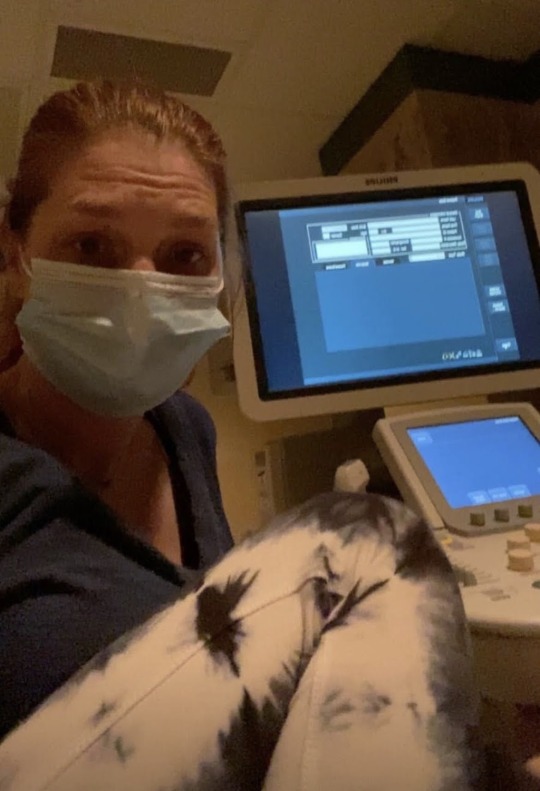
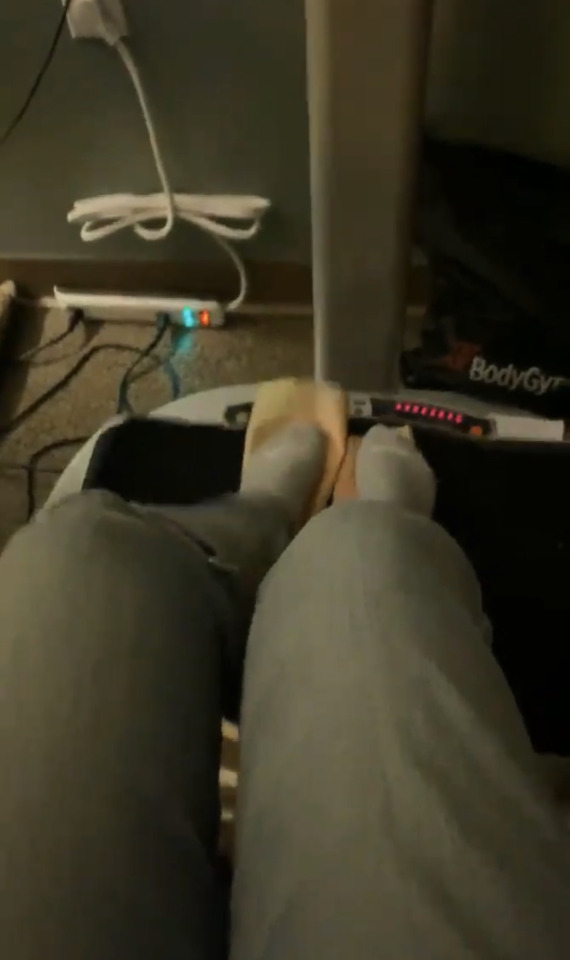
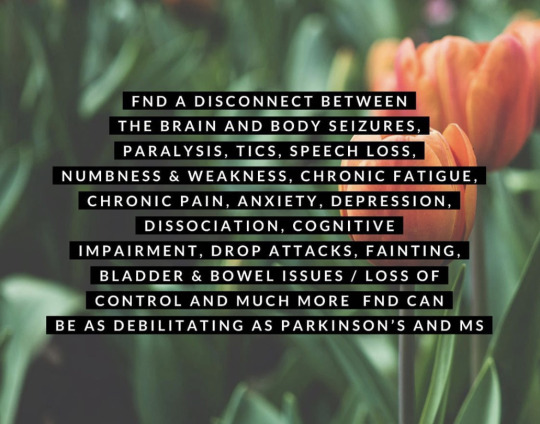
Testing….lots of tests and specialist before being officially dignoised.
1 note
·
View note
Text
When I was diagnosed, I was sent home with nothing more then an website and appointment to the neurologist.
What is fnd ?
Have you been waiting years to be dignoised?
1 note
·
View note



















